Photography by Timothy Greenfield-Sanders | Stylist: Mia Tucker Williams. Hair and makup: Angela DiCarlo
What would an Edwardian woman of the early 1920s bring to a picnic in a suburban London park? In Sarah Waters's latest novel, The Paying Guests, there are finger rolls, pinwheel sandwiches, miniature jam tarts, hard-boiled eggs, a seedcake, and radishes from the garden. These items, unpacked on a park bench, serve to reflect the distinct personalities of the two women at the heart of the story -- the pinwheel sandwiches and jam tarts represent Lilian Barber, lively and fanciful; the eggs and radishes are supplied by Frances Wray, practical and reliable.
It's the radishes that have made me late. Finding them has taken me on a roundabout route in the South London borough of Lambeth, so that by the time I get to Ruskin Park, Waters is already making her way to the gates to walk home. But if she is at all put out, she does not show it as we head toward the bandstand, "a quaint octagonal pavilion with a red tiled roof," as she describes it in The Paying Guests.
"The one thing I forgot to mention in the book was how echo-ey it is," she says, as we stand there surveying the view, our voices ricocheting around us. It is a sunny morning in mid-June, and the air is vivid with birdsong, the distant squeals of children, the growl of a lawn mower.
In The Paying Guests, the park -- named for the Victorian art critic and reformer, John Ruskin, who lived nearby -- is the locus for the blossoming friendship between Frances and Lilian, one nursing the wounds of a devastating lesbian love affair, the other dealing with a souring marriage. Their picnic establishes the romantic frisson that will fuel the novel toward its powerful denouement.
"I wanted Frances to be what I would call a lesbian. She's somebody who from relatively early knew where her desires lay. But for Lilian, I genuinely wanted her to be straight -- married, never had a fling with a woman before," says Waters, before admitting that she ran into early difficulties with the manuscript. She keeps a journal while she's working on a novel, and recounts how she wrote a big note to herself one day: Don't ever, ever start a book without knowing how it's going to end.
"With this book I lost confidence in a way that I've never lost confidence with books before," she says. "It's very obvious to me now that it's a love story, but for a long time I kept thinking, It's just a romance; it's just a romance. I felt that was somehow small." Waters shared an early draft with her agent and a good friend, who confirmed that it wasn't working and helped her see how to salvage it. She recalls watching a Wimbledon match on TV a few years ago, and seeing Roger Federer fight back from a couple of sets down. "He just clawed his way back up, one point after another, and I remember thinking, Yeah, that's how tennis works -- you concentrate on each point until slowly you claw your way back. And I realized, I just have to do that, one point at a time."
When Waters suggested we meet in Ruskin Park for a picnic, I thought, hopefully, Oh, we're going to be friends, which is the unvarnished desire of all journalists who get to interview their literary idols. I've loved Waters's books since reading Tipping the Velvet, her wonderfully salty and knowing coming-of-age novel set in Victorian England, in which the first line -- "Have you ever tasted a Whitstable oyster?" -- may rank among the best opening teases of all time. (In December 2011, my partner and I went to Whitstable to celebrate our 10th anniversary and can now both say that we've tasted Whitstable oysters, if not quite in the sense that Waters intended.)
How a novelist whose books are overwhelmingly populated by a lesbian demimonde succeeded in becoming one of the United Kingdom's best-selling novelists (with over a million copies of her novels sold to date) is one of the great stories of contemporary publishing. Like her peer, Alan Hollinghurst (who won the Man Booker Prize for his 2004 novel, The Line of Beauty), Waters has mastered the rare alchemy of writing gay literary best sellers without any evidence that straight readers are put off or dissuaded from identifying with her queer characters and their often rambunctious sex lives. She thinks that perhaps her habit of setting her novels in the distant past makes them safer for mainstream readers, but reminded of a scene involving the copious use of dildos in Tipping the Velvet, her debut, she concedes that maybe the U.K. is just more receptive to lesbian and gay themes than the U.S.
Waters had only modest aims for Tipping the Velvet when she began writing it in the mid-'90s. The title is taken from Victorian slang for cunnilingus, so there was no question of her making compromises in return for sales. As a student living in Whitstable in the 1990s, she'd embarked on her first lesbian relationship, closeted at first ("tiptoeing across the landing," as she recalls) and increasingly open and politicized. It was there, too, that Waters began studying lesbian and gay historical fiction for her thesis, quickly realizing that it was something she would like to try herself, though never anticipating how successful she would soon become.
"I started writing with such small ambitions," she says. "I think if I'd set out to be A.S. Byatt, or something, I would've never written anything."
Yet success came relatively quickly for Waters, so that by the time Tipping the Velvet was adapted for television by the BBC in 2002, coinciding with the publication of her third novel, Fingersmith, a heart-stopping gothic thriller -- again with a lesbian couple at its center -- it was possible to describe a new Sarah Waters novel as a bona fide literary event. But success was a double-edged sword. "Just getting used to that level of attention and level of uncertainty about what I was doing next was quite alarming," she says. "I remember that being a stressful time." She had some trouble completing her fourth novel, The Night Watch, a slower, more experimental outing that moves backward in time from 1947 to 1941, but the transition from Victoriana to Britain's postwar decline was a deliberate ploy to escape being pigeonholed. "I remember somebody saying to me, 'Just write Fingersmith all over again!' -- which was the last thing I was about to do," she says. "I've no plans to go back to the 19th century."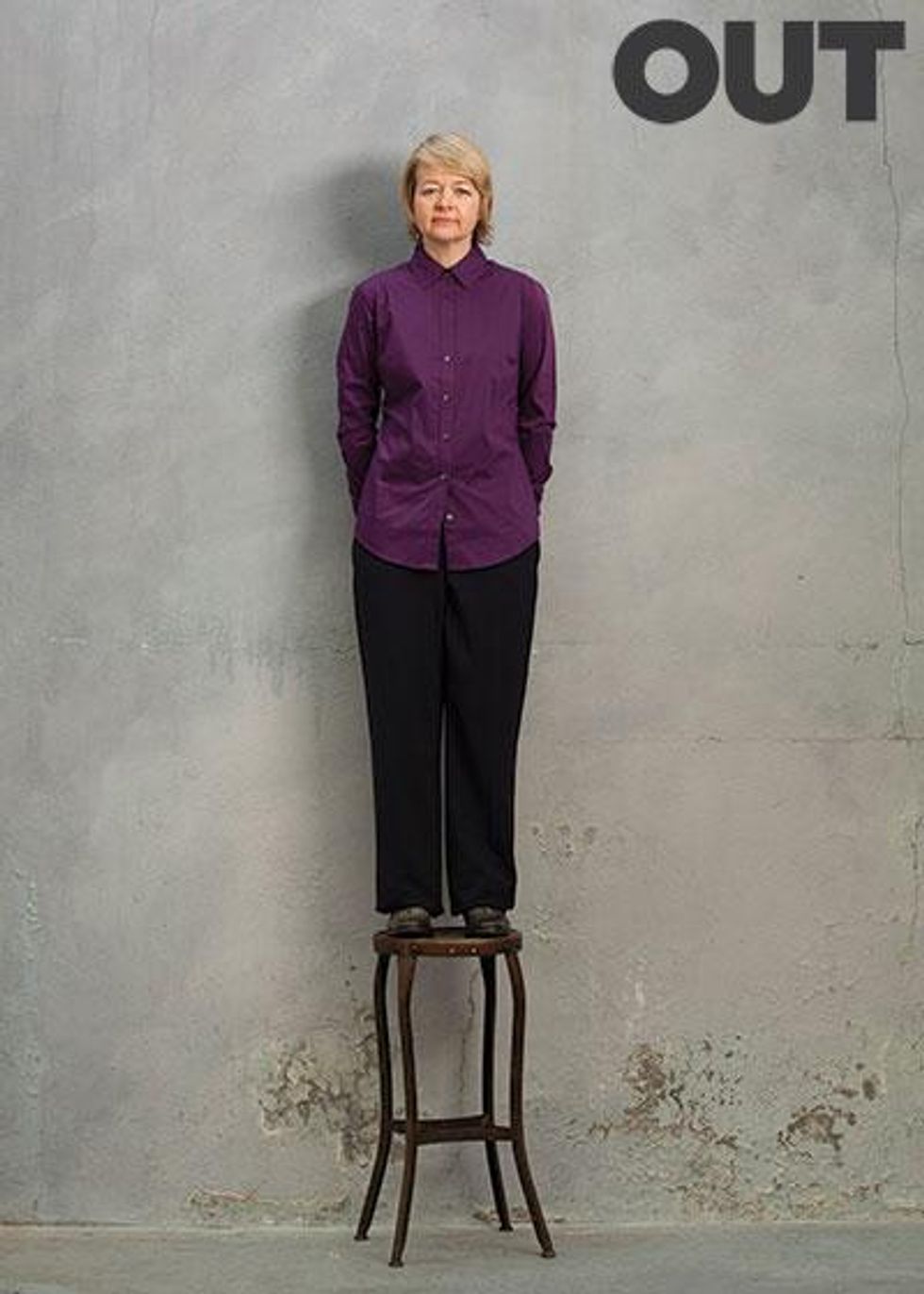
Now, however, the lesbians are back, and it is lovely to see them again. Like Tipping the Velvet and Fingersmith, The Paying Guests is both deeply romantic and thrillingly suspenseful. And like those books, it will undoubtedly sell by the truckload, find its way to the small screen as a BBC miniseries, and win a literary gong or two. We will know shortly whether it will earn the remarkable distinction of becoming her fourth book to be nominated for the Man Booker Prize, though none has yet won it.
So here we are in Ruskin Park, as Waters sets out the boiled eggs, potato chips, jam tarts, and cherries, and I add my radishes. Despite the bother they'd caused, the verisimilitude seemed important. It's a hallmark of Waters's novels that she absolutely nails the details, without wearing her research too heavily. A critical role is assigned, in The Paying Guests, to Bromo, which in contemporary slang can refer to a straight-acting gay guy, but in 1920s Britain was a popular toilet paper said to help reduce hemorrhoids. Waters refers to the novelist Jill Paton Walsh, who told her that the trick with historical fiction was to make the detail feel incidental. "Just as we're sitting here, the way our clothes feel, the things we can hear, all the food we're eating -- we don't notice because it's just a part of the fabric of our lives," she says. "You have to think about those things that are so much a part of the fabric of your characters' lives that they cease to notice them, and yet try to convey them to a reader quietly."
In 1922, when The Paying Guests is set, Ruskin Park would have been just 15 years old, created from land that had once belonged to grand family homes that present themselves today as a series of ghostly relics -- a forlorn portico, a crumbling stable block, a sundial, erected to commemorate a visit by the composer Felix Mendelssohn in 1842. In the novel, Frances notices these things, too -- "a sundial, still telling the time for a lost age; a mournful avenue of trees, leading nowhere" -- and the observation neatly illuminates Waters's ear for the echoes of the past, her passion for London's overlapping layers of history.
Waters is a great walker -- often breaking up a writing day with a three- or four-mile stroll -- and loves the way London's streets can shift and change so abruptly, "quite smart one minute, and rather shabby the next, lively here, and then turn a corner and it's almost sinister."
As with Dickens, one of her literary influences, her novels excel at evoking the city's bustle and flow, the magnetic lure of the Thames, the variety of human endeavor. Even in her own time, the city has changed and changed again. When she first moved to London, in 1988, to join a shared lesbian house, she played fiddle in a local folk band called Doppelgangers, meeting behind King's Cross station, before the whole area was torn down and rebuilt. "There used to be these tenements, and we would meet at the top of one in a big leaky room, about 20 of us, playing Eastern European folk music," she recalls. "It was really fun, but when I started writing something else had to go."
Although London is her literary canvas, Waters grew up in Milford Haven, a small town on the west coast of Wales. "Where I lived I could just go down the road and be on a pebbly beach, which I did a lot as a kid -- an awful lot, often alone." She recalls an obsession with building dens and setting traps. "For some reason, I was always desperate to make a trap, like dig a hole and cunningly disguise it. I'd long for someone to fall in." When she was 13 she started working as a volunteer in the front of the house at a local theater, but it was some years before she came to appreciate what a lucky break this represented in an otherwise conservative community. "It meant I got to see all these plays, and later all these films, because they'd show arty films that I never would have seen otherwise," she says. "Milford Haven was one of the places that banned Life of Brian. Can you believe it?"
In Milford Haven, Waters had a boyfriend, and didn't think of herself as a lesbian. When her boyfriend came out to her, not long after they had broken up, she says she was taken by surprise. "I was rather shaken up by the whole thing. It seemed to come from nowhere," she recalls. "It made me question what our relationship had been about." She pauses for a moment to take a sip of ginger beer. "But then, very quickly, I started a relationship with a girl, and so it all sort of made sense then." That relationship, which began in a shared house at university, lasted six years, and Waters has been a serial monogamist ever since. She and her partner, Lucy Vaughan, have been together for 12 years, and Waters sounds almost embarrassed by their slide into settled domesticity. "I'm 48 now and I so value my home with Lucy -- just the two of us, and our funny little routines. God, we're so middle-aged, it's appalling," she says. "The thing is, I've always been middle-aged. It's just that at last I can enjoy it and not feel ashamed."
She feels less sanguine about other aspects of getting older. "The downside of being this age, for me, is that it's kind of easy to feel a bit jaded," she says. "You've seen things come and go, but I still want to feel politically engaged and believe in change. I'd hate to feel I'd become so world-weary that I stop voting." Like many, she feels let down by people who were once expected to set an example to others. "That time a couple of years ago, when we had the riots in London, everybody in the public eye seemed to be doing the same thing. Everybody was out for what they could get," she says. "It seemed corruption was everywhere, so why wouldn't you riot?" She thinks this partly explains the deep appeal of Downton Abbey, set in the same period as The Paying Guests. "It's full of people doing their duty and behaving decently. The problem with that show for me is that often it is a kind of class-based thing, but I think we're longing to see people doing their duty."
Sarah Waters may have given up on the political class, but I wouldn't call her jaded. "There are things in life that still excite me -- creativity and innovation and things can still surprise you in the arts," she says. "I'd hate to lose my belief in human creativity. There's something very life-affirming about it -- even just a good plot. It's like the best side of human nature." She pauses, looks cheerfully at the remains of our repast, and takes another slug of ginger beer. "Would you like a jam tart?" she asks. I certainly would.
The Paying Guests will be published September 16 by Riverhead Books.


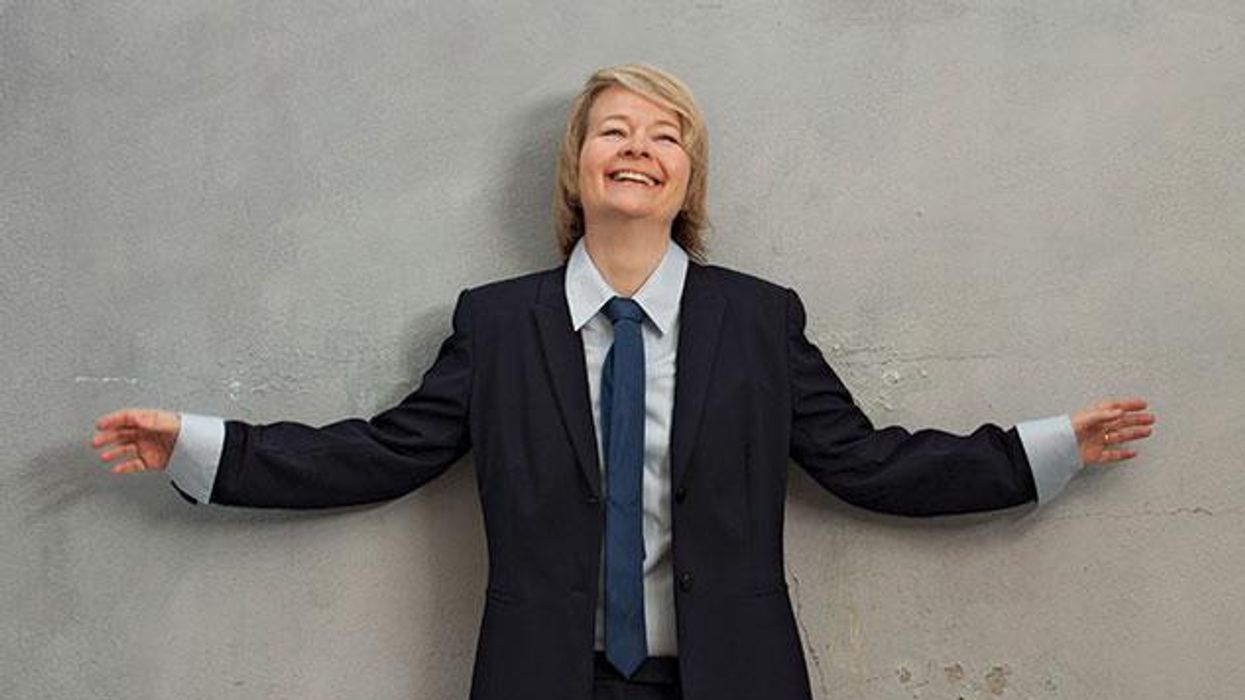
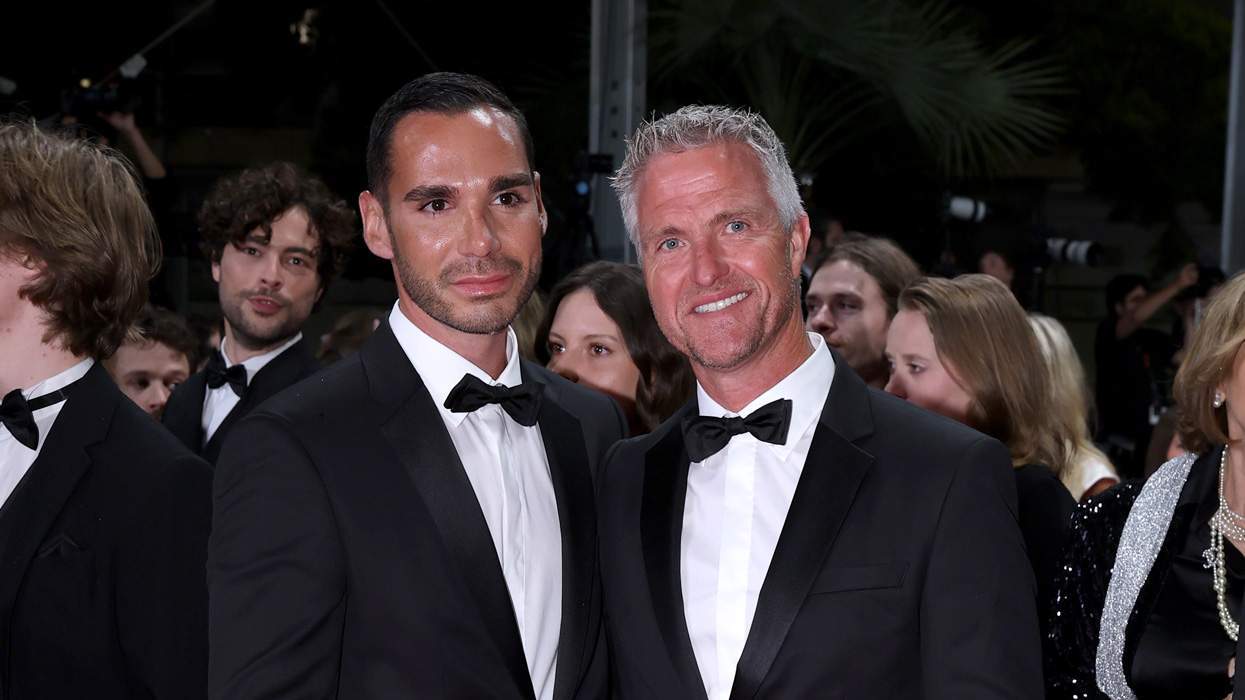



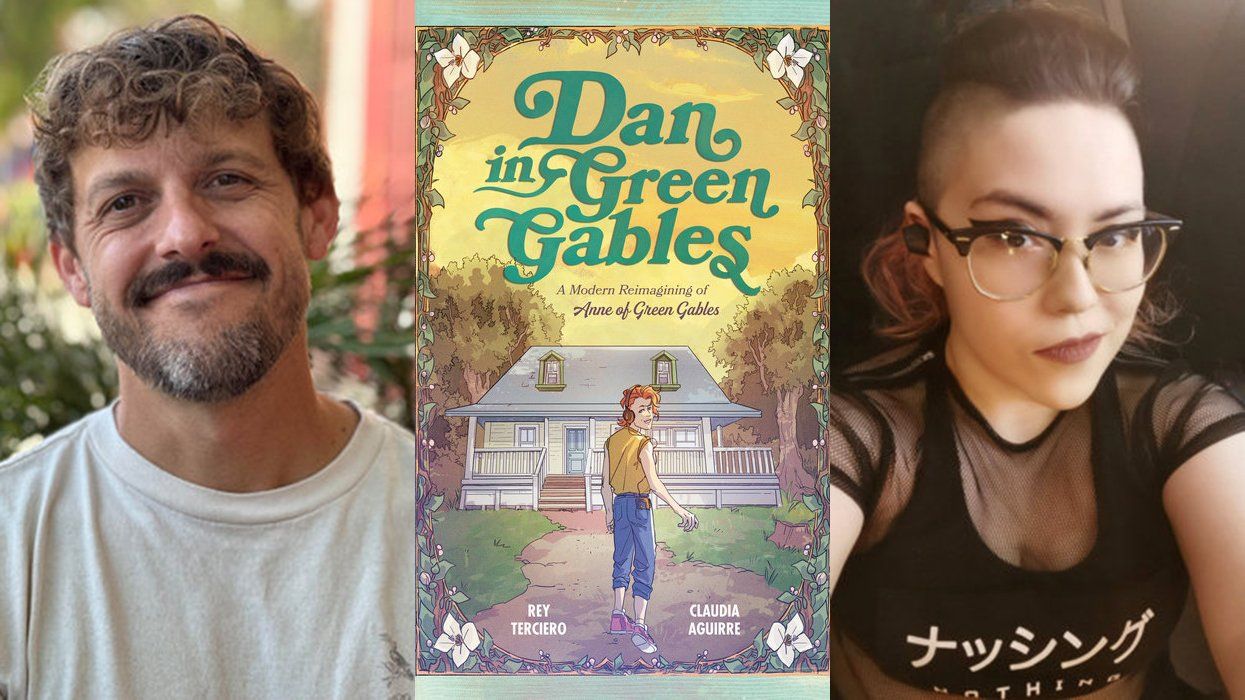


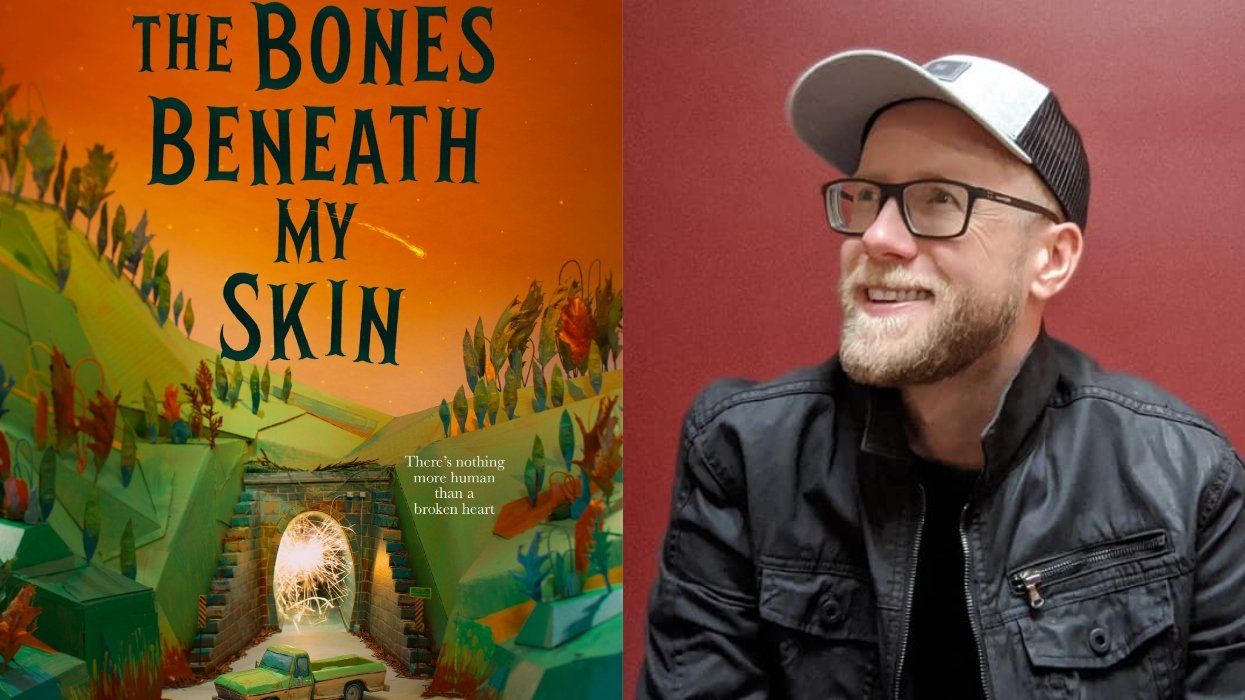
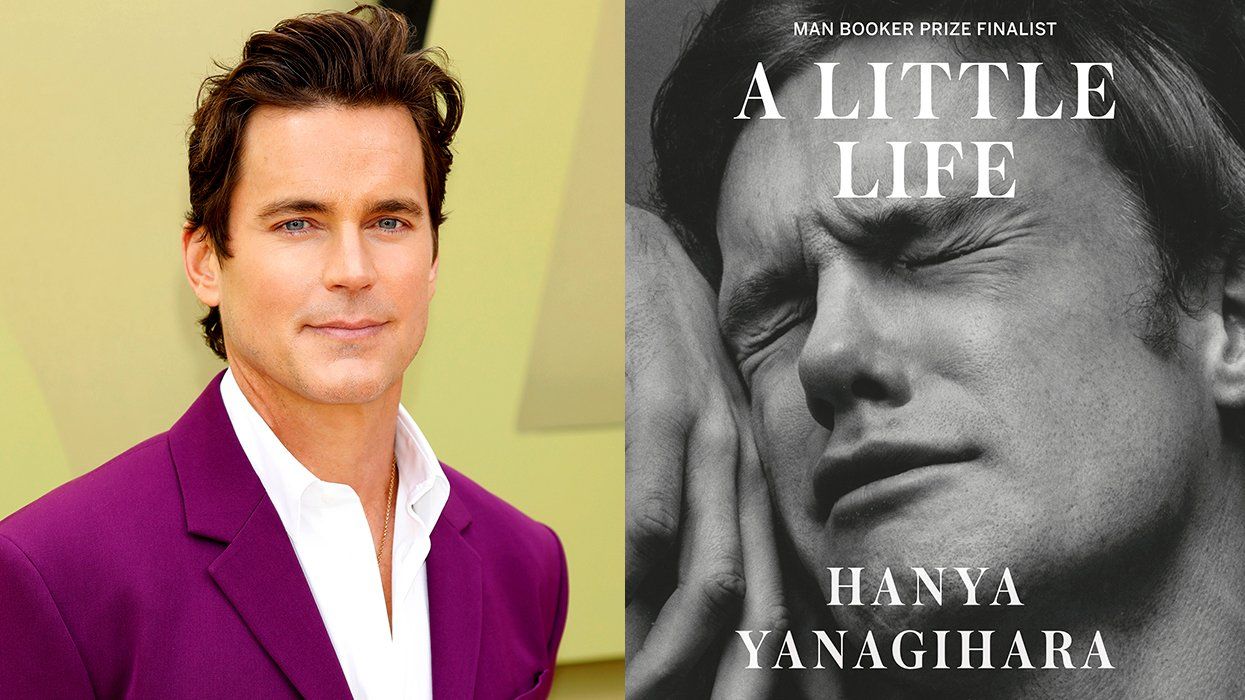







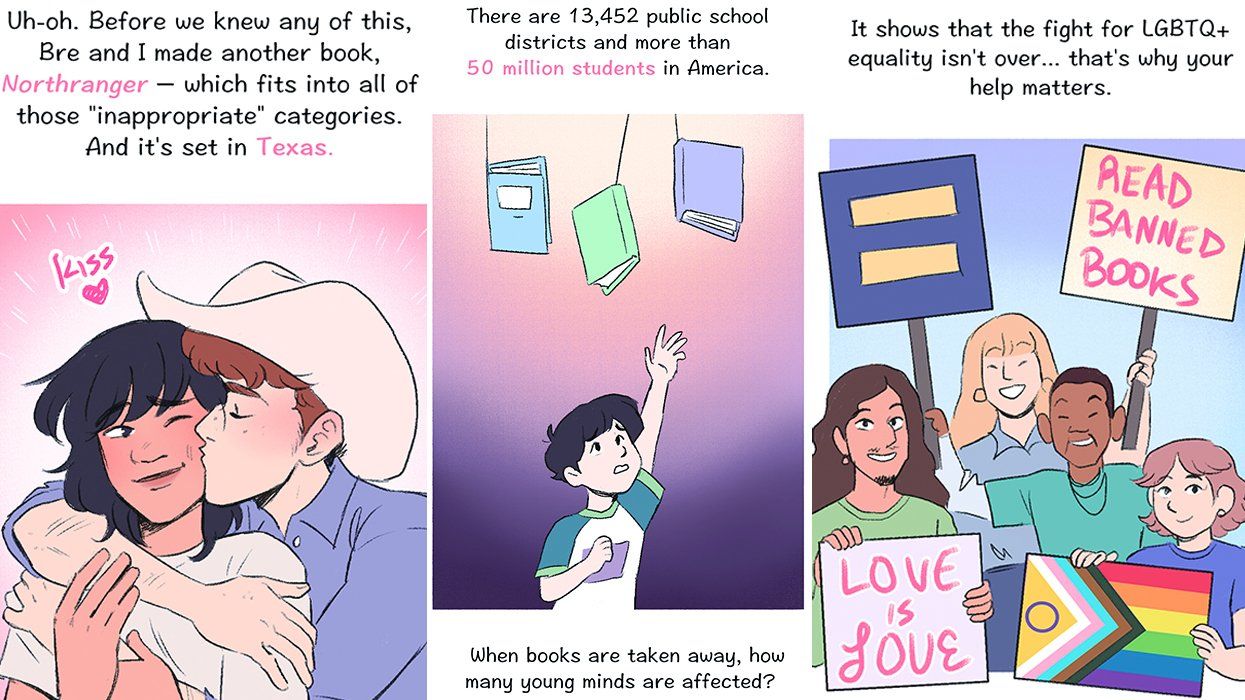
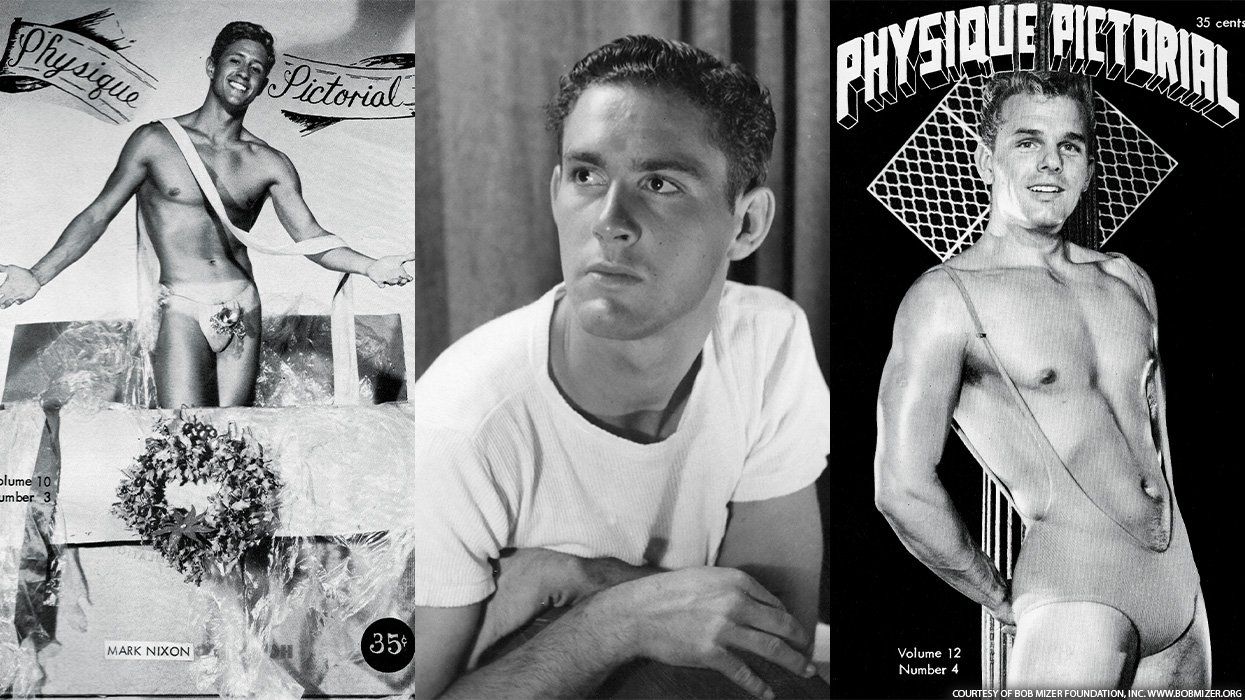
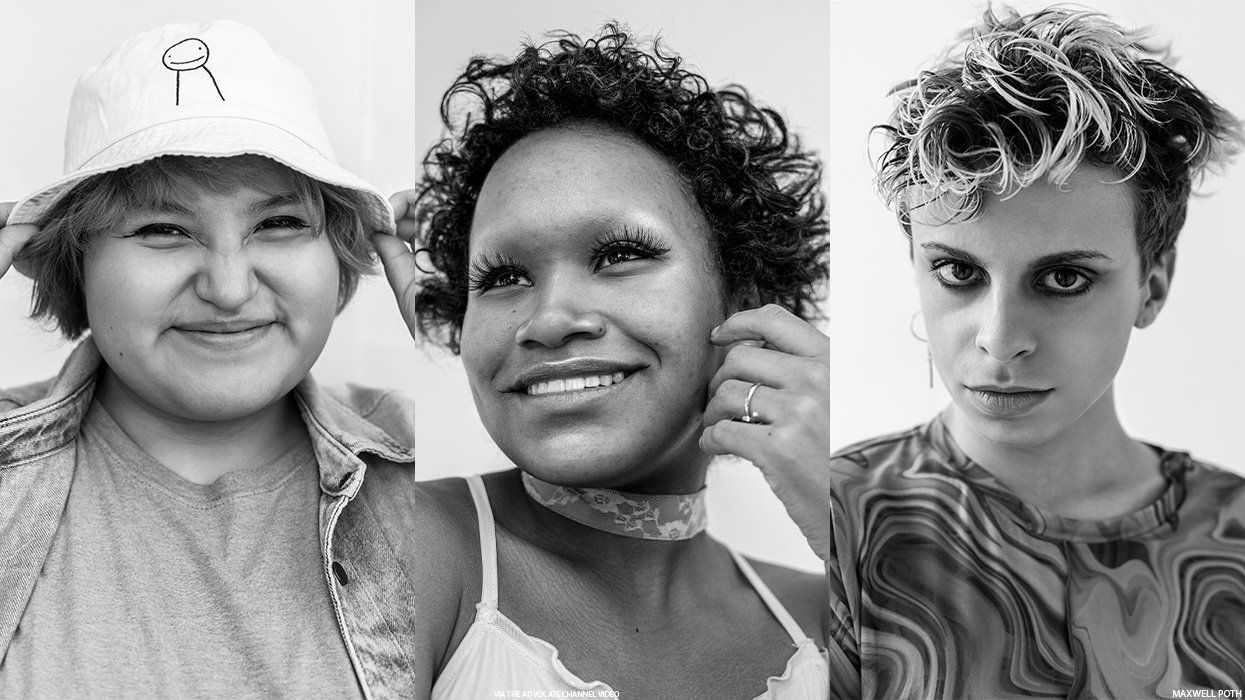
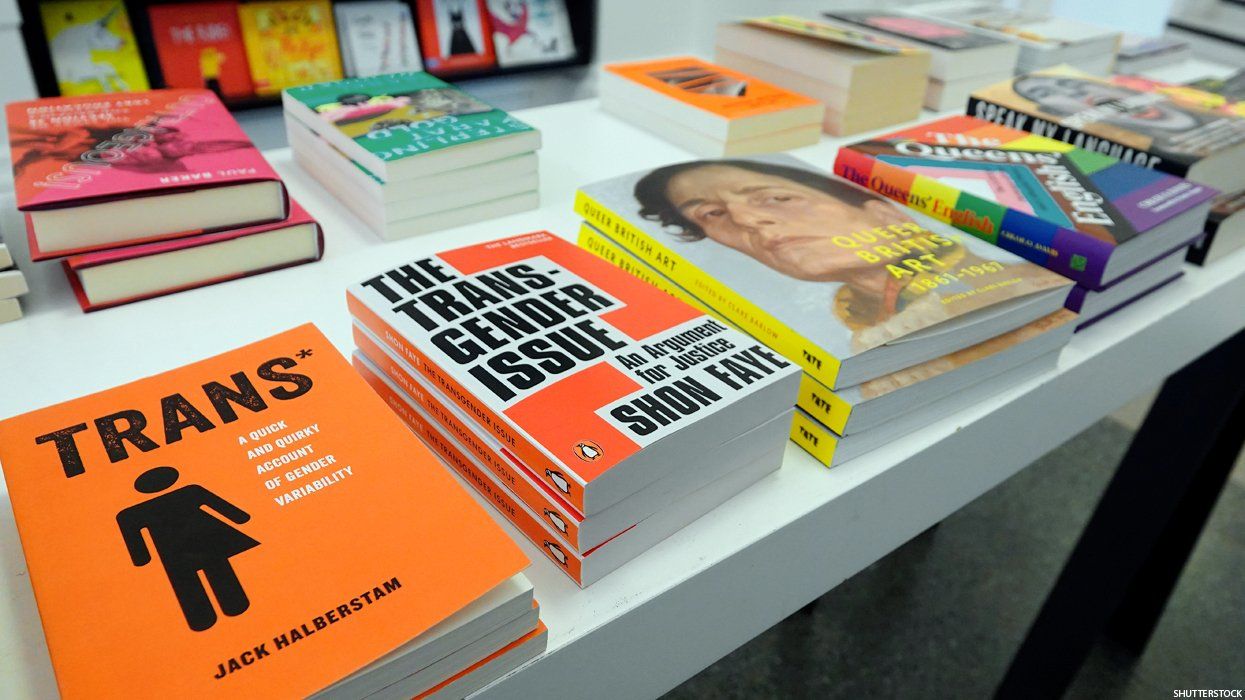

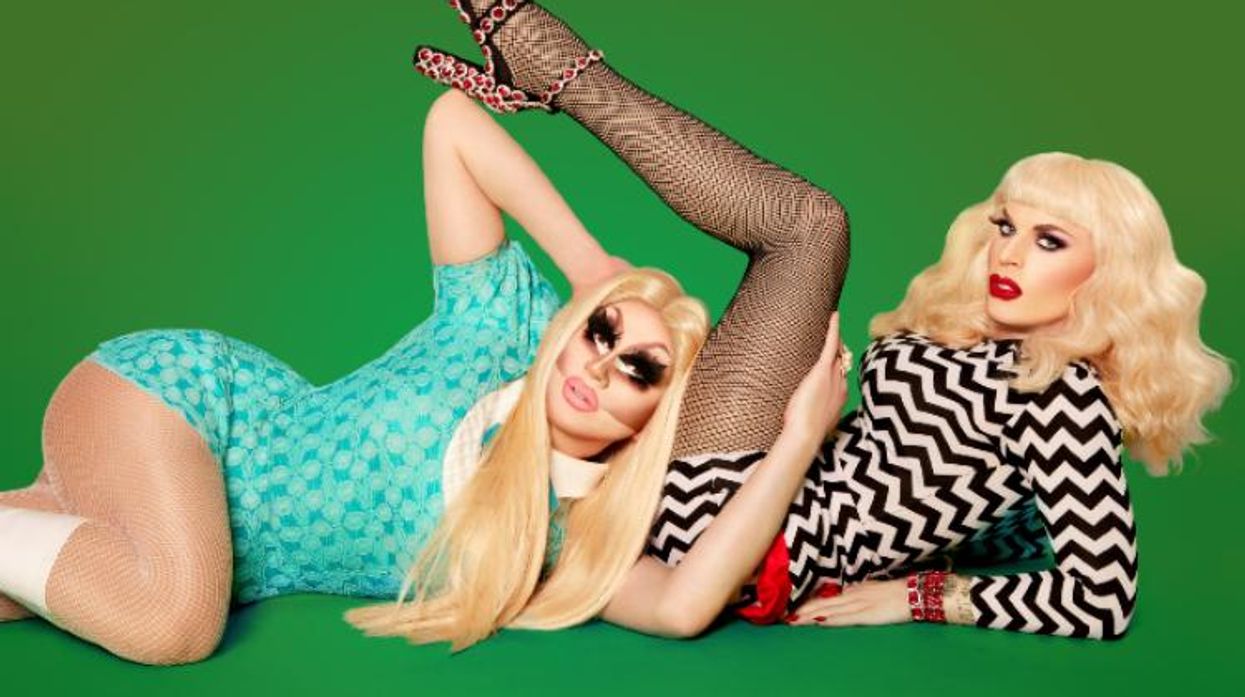

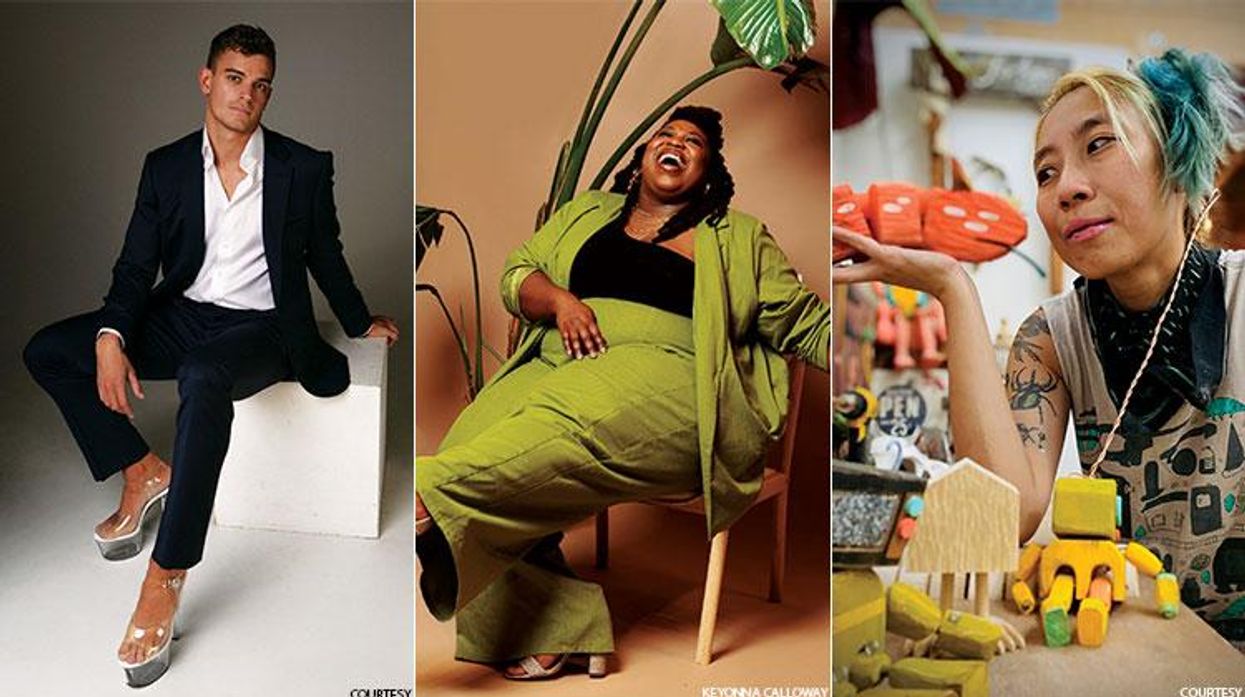



I watched the Kid Rock Turning Point USA halftime show so you don't have to
Opinion: "I have no problem with lip syncing, but you'd think the side that hates drag queens so much would have a little more shame about it," writes Ryan Adamczeski.